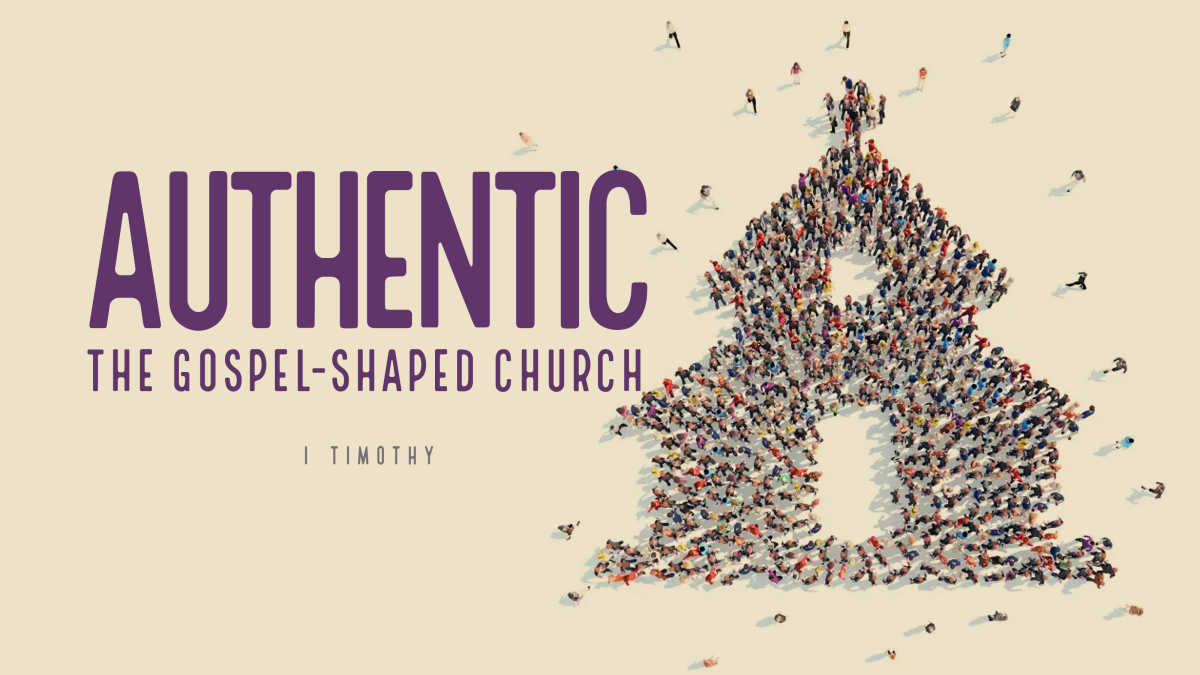In this article, Shing Chow, who works with our international ministry Life Among the Nations, examines different types of authority that we are under and what to do when we doubt them.
When you Doubt your Leaders
The mini-series Band of Brothers depicts the men who volunteered to be a part of the new regiment of paratroopers at the outbreak of World War II. As the men arrive for training, they quickly realize life will be difficult under their drill instructor, Lieutenant Sobel. Lieutenant Sobel berates his new soldiers, cancels weekend passes on a whim, and enacts harsh strategies, including prohibiting water consumption during 12-mile long night-marches. The relationship between the soldiers and Sobel is complicated not only by Sobel’s disciplinary strategies, but by shortcomings in his abilities. The new soldiers notice his tendency to tense up and freeze as they practice jumping with parachutes, and his inability to read a map is revealed during troop movement exercises. Understandably, doubt creeps into the minds of the soldiers as they anticipate being sent off to war, possibly under the command of Sobel.
While we do not face the exact circumstances of the soldiers in 1941, we do face the same dilemma constantly. We find ourselves working under bosses whose leadership we doubt. We find ourselves doubting whether our city, state, and country will bounce back under the current governmental leadership. We even find ourselves doubting our church leaders as they shepherd the body through various challenges. What are we left to do when we doubt those who are in positions above us?
Doubting Your Boss
While the Bible does not strictly address the corporate structures that many of us operate under today, it does give overarching principles that guide interactions with employers we doubt. One of the clearest examples of this is in 1 Peter, in which Christians are told that they are to “be subject to your masters with all respect, not only to the good and gentle but also to the unjust,” (1 Peter 2:18).
We bristle at the thought of submitting to someone whose leadership we doubt. We might even deem ourselves far more worthy of respect than our boss. However, the command given to us has no qualifier that we are to submit to only the leaders whom we deem worthy. Rather, we are told that we should submit and serve even those who are unjust.
Why would we do such a thing? “But if when you do good and suffer for it you endure, this is a gracious thing in the sight of God. For to this you have been called, because Christ also suffered for you, leaving you an example, so that you might follow in his steps,” (1 Peter 2:20-21). While we were in our own sin and unjust position before God, Christ suffered for us. By Christ’s wounds we are healed. What if, by humbly serving even unjust employers to the point of being “wounded,” we are reflecting Christ to them? Our endurance in doing good may someday be used by God to lead them to be healed by Christ’s wounds.
The Apostle Paul writes to the church in Ephesus that our obedience to our bosses is ultimately obedience to Christ and reflects our service to him. He says, “Bondservants, obey… as bondservants of Christ, doing the will of God from the heart, rendering service with a good will as to the Lord,” (Ephesians 6:5-7). Our relationship with our boss, which we might doubt, ultimately reflects our service to the Lord, who we never need doubt. Furthermore, Christ will be the one to reward us, even if our employers never do. “Whatever good anyone does, this he will receive back from the Lord,” (Ephesians 6:8).
Doubting Your Governmental Leaders
In this age of bipartisan politics, media conglomerates, and social media, there is perhaps no topic that causes as much conflict as our government. Regardless of where you stand on politics, the loss of confidence in elected officials is a common thread. As we doubt whether or not our governmental leaders will be able to guide our city, state, and country through this pandemic, we must remember that God is sovereign over all things and that “[H]is kingdom rules over all,” (Psalm 103:19). Even if it seems that the “kingdom” we live in is falling apart, the eternal kingdom into which we have been welcomed still stands! It is only through this lens that we can view our government rightly.
Because we do not have to place all of our hope on a faulty human government, we are free to be thankful for what it does give us. As God reigns and rules, he has ordained human governments as a common grace (common blessing, not salvation) for all people. In the book of Romans, we see this stated clearly when Paul writes, “Let every person be subject to the governing authorities. For there is no authority except from God, and those that exist have been instituted by God…[H]e is God’s servant for your good,” (Romans 13:1, 4).
While the suggestion that the governmental leaders we doubt are indeed a good gift seems outlandish, it is true! Without the appointed government and its leaders, we would lack so much that seems guaranteed for us now—think law enforcement, education systems, and public services. Even though none of these blessings are perfect, we should know that our government is God’s good provision for us. It is why Paul also writes, “I urge you, first of all, to pray for all people. Ask God to help them; intercede on their behalf, and give thanks for them. Pray this way for kings and all who are in authority so that we can live peaceful and quiet lives marked by godliness and dignity,” (1 Timothy 2:1-2).
Doubting Your Church Leaders
The publishing house, Lifeway, conducted research a few years ago to determine some of the motivating factors for adults switching churches. The study revealed that significant portions of church switchers are motivated to change churches because of doubts about the leaders. For many of us, doubts about our leaders are inevitable, but is our response to switch churches whenever we face doubts? Alternatively, many don’t switch churches but quietly lose trust and begin to disengage little by little.
Instead of running, we should think back to the call of our church leaders, in particular the elders. Elders who are “affirmed” by the church are not called to lord their power over the congregation, nor are they called to be lazy leaders. Rather, they are to follow the example of Christ, who “did not come to be served, but to serve, and to give his life as a ransom for many,” (Matthew 20:28). Other qualifications of elders in this radical model of leadership also include being “respectable, hospitable…gentle, not quarrelsome,” (1 Timothy 3:2-3) as well as “not arrogant, not hot-tempered,” (Titus 1:7).
The goals and standards for our church leaders are high! They are based on steady character and servanthood to Christ. As we reflect on these attributes, attributes that the church body affirms that each of them have, we can have trust in their leadership. We can have confidence that, even though we might have doubts, their motivations for their decisions are not driven by selfishness or pride, but rather by their desire to serve as Christ commanded. Their decisions are driven by their desire to care and shepherd the flock well. The writer of Hebrews says, “Obey your leaders and submit to them, for they keep watch over your souls as those who will give an account,” (Hebrews 13:17).
*The Asterisk
Even as we contemplate the truth of the Word, and as we wrestle through the doubts in our heart, we must recognize that there is an asterisk beside everything. The asterisk is to denote the fact that we are human. All of our leaders, including our church leaders, are ultimately flawed authority figures. There is no one who can be perfect in their leadership, and in much the same way, none of us can be perfect followers. Sometimes, this means leaders wrongly ask those who follow them to sin. If this is the case, Christ’s Lordship supersedes their own, and we are to follow Christ in obedience to God. This can happen with bosses, the government, or church leaders, and is a different situation than following leaders when we doubt them in other ways.
The good news for us is that Jesus is the perfect leader and the perfect follower. He modeled this by giving up his life in perfect obedience to save people, and by doing so is able to offer grace through faith to any who would believe. Because of the work he has accomplished, because of his perfect character, we can say, Jesus is better, and in him is our true hope!
Other tips
These ideas can be difficult to process and it can be hard to try to examine the roots of your doubts. Consider some of these more practical tips as you seek to follow all of your leaders:
- Pray for humility and understanding
- Fight cynicism – Let us aim to think the best of everyone’s intentions!
- Pursue wise counsel
- Ask questions – We should go to the leader and ask questions to gain clarification
- Offer grace – Sometimes we are wrong, and sometimes we can simply disagree. As we encounter these situations, let’s offer the grace in the same way Christ offers grace to us.
Shing Chow






